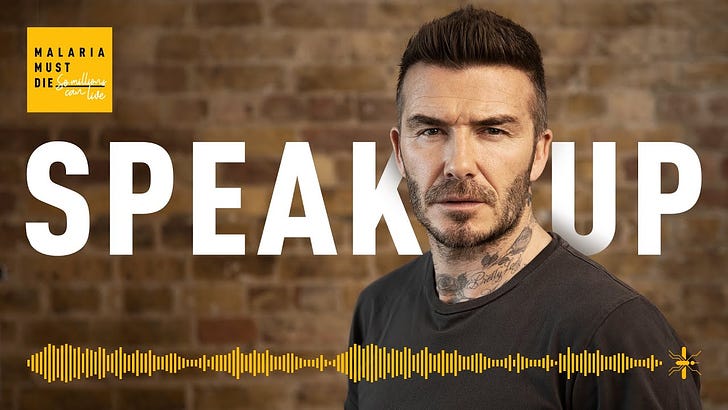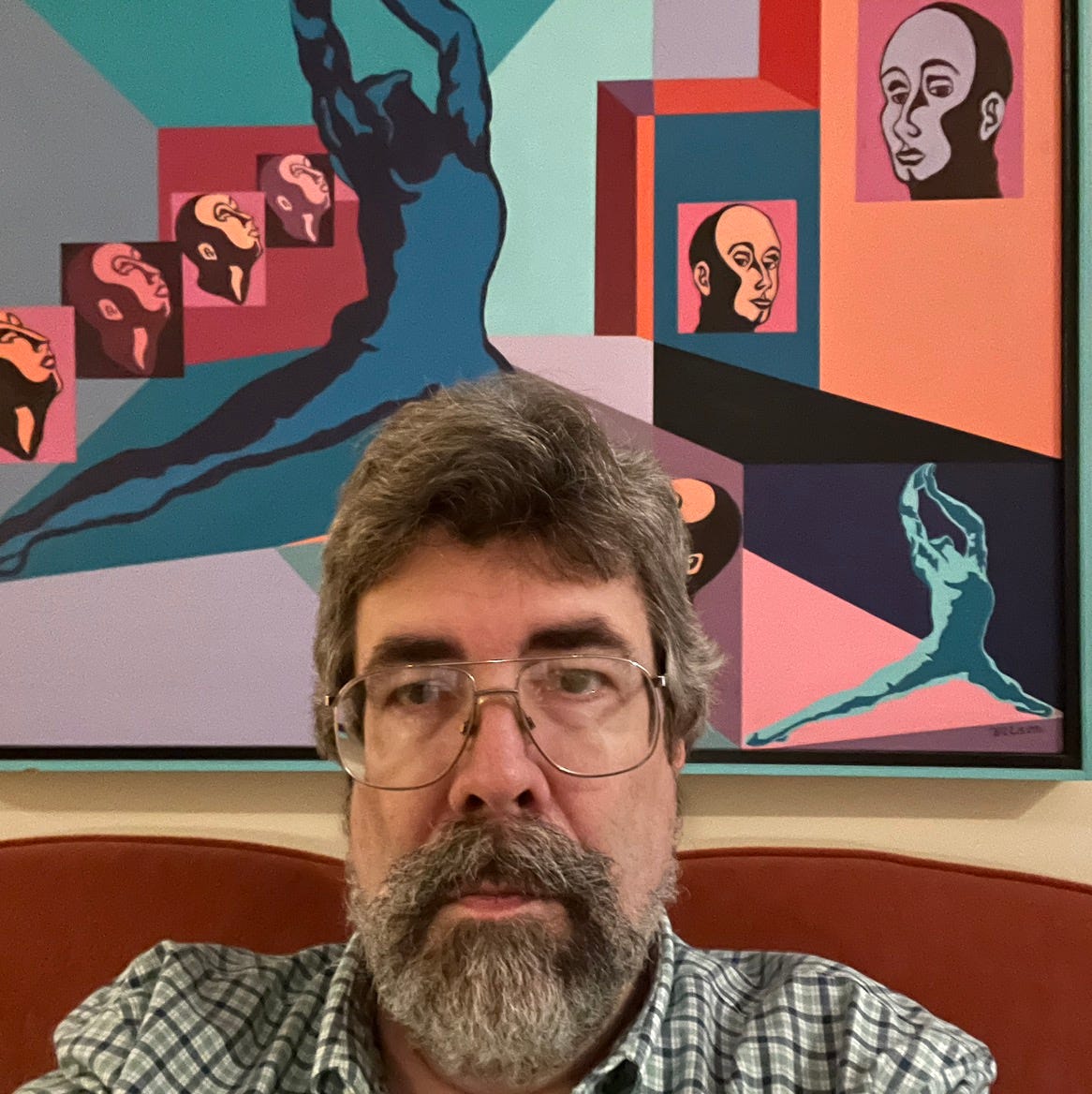A well-meaning administrator recently floated the idea of creating AI versions of the faculty who record videos for online courses. Essentially, this would be an authorized deepfake of the faculty member, aka an AI "avatar." Instead of the faculty member creating videos, the avatar would (actually, there would be no recording per se; a final video file would just be generated by a computer).
It makes sense. Not only would the video be professional in appearance, but it would follow a well-edited script without error, not have verbal ticks (oms and ahs), and not go off on an insignificant tangent in the middle of a lecture. Even more exciting from the institutional standpoint is that updates could be easily made as information changes, and videos could, within seconds, be translated into other languages, expanding the market for educational content and allowing non-native English-speaking students to have lectures in their language.
And why not allow the student to pick the avatar they want to have teach them? I mean, wouldn't you want to be taught by a multi-lingual AI hunk based on David Beckham, instead of a real-life pasty-faced metrosexual like Prof C?
And who knows, you might just need a couple of scriptwriters, a few contracted content specialists, and you could outsource all of a research university's teaching to AI David Beckhams and Taylor Swifts. Talk about a cost reduction.
And these avatars might last forever!
Just Imagine! I could be teaching 200 years from now! You laugh, but faculty often teach well beyond their expiration date.
My AI Avatar teaching in 2150. A quick video made with HeyGen, training on just 1 minute of my video, freeware (non-Pro version). A significantly better version (10x quality) could be made in a couple of hours with the Pro version.
Unfortunately, most students are discerning enough to want their courses taught by living faculty. And education is more about interactions between students, faculty, concepts and material than an efficient technical transfer of knowledge (see Marc Watkins' post below). There are lots of reasons that having AI avatars teach a class is a very bad idea and I doubt if any faculty or student would agree to such an arrangement. I think this idea is DOA.
However, numerous scenarios exist where augmenting faculty with AI chatbots could be a game-changer. For example, when students want high-quality answers to their questions, but they don't want to talk to another human in the process of asking. Planned Parenthood's chatbot, Roo, was one AI Chatbot that was very successful (Fast Company named Roo one of the best inventions of 2019). Launched in the pre-ChatGPT days, Roo offers judgment-free, accurate sexual health information to young people who liked that it was a computer and not a person they were interacting with. There are probably lots of "stupid" and embarrassing questions my students might want to ask during their time in college or as they enter the workforce (“What is FICA, and why are they taking my money? “) that could be reliably answered by such a bot.
A more recent example is a service called Rebind.ai, which relies on some AI for its chatbot but mainly relies on a carefully curated "reading companion" experience, in which the reader is tutored as they read. I am seriously looking at this for myself, as there are several books that I have had a hard time reading, and I would love to have an expert help me put things in context. I think my Humanities 101 class with Ted Tarkow would have been a lot easier, and I would have understood a lot more, if this service had come with my stack of textbooks.
The problem with AI in education right now is not a lack of good ways to use this technology to help students and faculty. It is the mindset that we should use technology to "scale" education or drive down costs. I have seen this with all new educational technologies in my lifetime. AI, be it in the form of chatbots or otherwise, should be viewed as a way to do something better than we can now or to reach underserved populations, not as a cost-reduction strategy.
And for more discussion of about the contriversay of using AI generated faculty, check out Marc Watkins’ post below
My commentary may be republished online or in print under Creative Commons license CC BY-NC-ND 4.0. I ask that you edit only for style or to shorten, provide proper attribution and link to my contact information.
👍 Highly Recommend 📜
A friend of mine Guy Wilson, just started up his Substack newsletter! While we both work in technology, but Guy has a way of understanding how today's technology fits in with the arc of history and society that is much beyond my abilities. I highly recommend you check it out for some deeper thinking about AI!
📆 Upcoming Talks/Classes 👨🏫
Artificial Intelligence, the Elections and Civic Dialogue, 6:30 PM, July 10th.
In Person and Zoom
Next week I will be talking about what I know about how AI is used (and misused) in this year's elections. The event is sponsored by the League of Women Voters Boone County, the Reynolds Journalism Institute, and Daniel Boone Regional Library. Here is the full description:
Artificial intelligence (AI) is a technology that is changing and challenging the landscape of just about every field, from medicine and sports to journalism, politics and foreign policy. University of Missouri Associate Teaching Professor J. Scott Christianson (aka Prof. C) will help us explore its potential impact as a source of disinformation, especially during an election year, but also for the creation of new horizons of collaboration. Along the way, Prof. C will provide some pointers for surviving and thriving in an AI-mediated world during an election year and beyond.
If you are in the Columbia area, you can attend in person at:
Boone Electric Cooperative Community Building
1413 Rangeline St.,
Columbia MO 65201
No registration is required to attend in-person.
You can also attend virtually via Zoom. Please register here to get a Zoom link. The event will be recorded for later viewing YouTube.
And many thanks to my chief publicist and scheduler Kathy K. for recommending me for this talk.
👨🏻🏫 ICYMI: AI and The Law
If you are interested in keeping up with all the lawsuits and cases involving AI and its various uses, check out this database of cases from my alma mater, GWU.








I’ve been using AI as a teaching assistant since 2017 when I learned how to program Alexa to be my sidekick on stage. It’s hilarious when you have seasoned experts trying to keep up with a quiz like application that tests whether you are smarter than Alexa. I believe universities will play a stronger role as acting as the credible source as more of these programmable avatars facilitate trusted, real life discussions
California is already acting on the possibility of replacing professors with AI:
"California bill aims to prevent AI replacing faculty," Inside Higher Education.
https://www.insidehighered.com/news/tech-innovation/artificial-intelligence/2024/06/20/california-bill-aims-prevent-ai-replacing